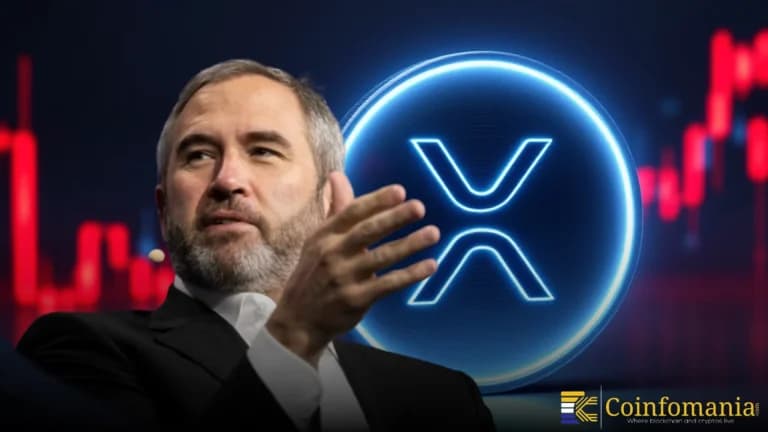Johnny Ng Welcomes Hong Kong Stablecoin Ordinance, Calls It a Transformative Step
Johnny Ng welcomes Hong Kong's new stablecoin law, calling it a balanced move that supports innovation while ensuring financial safety.

Quick Take
Summary is AI generated, newsroom reviewed.
Johnny Ng supports the Stablecoin Ordinance as a key fintech milestone.
The law defines stablecoins as payment tools, not investments.
HKMA to begin stablecoin license applications from August 1, 2025.
On June 24, Hong Kong legislative member Johnny Ng expressed strong support for the newly passed Stablecoin Ordinance. He called it a meaningful step forward in the city’s digital finance goals. The new law defines stablecoins clearly as payment tools rather than investment assets. For Ng, it shows that Hong Kong is maturing in its handling of crypto. Starting August 1, the Hong Kong Monetary Authority (HKMA) will begin accepting applications from potential issuers. The law focuses on setting strong guardrails, enforcing strict licensing rules, and prioritizing practical uses. Ng believes the move strikes the right balance between encouraging fintech and managing possible risks. He also encouraged international cooperation, like the MiCA framework in Europe.
A Turning Point for Hong Kong Stablecoin Regulation
The Stablecoin Ordinance brings structure to how digital tokens tied to fiat currencies will operate in Hong Kong. Passed in May and set to roll out on August 1, the law introduces a licensing system for issuers. According to the HKMA, stablecoins are meant to function as tools for payments, not for speculation. With the clear rules in place, the regulator hopes people will better understand their true role. The aim is to support innovation while maintaining financial safety. The new stablecoin bill highlights the real-world usage and long-term stability. It follows the Financial Stability Board’s 2023 framework.
Johnny Ng Supports Vision for a Balanced and Transparent Future
Johnny Ng called the law a key advancement for fintech in Hong Kong. He emphasized that classifying stablecoins as payment tools draws a clear line between utility and speculation. Ng highlighted the importance of HKMA’s “sandbox” approach, which provides a testing ground for issuers to engage with regulators early. However, sandbox participation offers no guarantee of licensing.
Ng noted that the HKMA’s firm stance on transparency and rigor is commendable. He stressed that while public enthusiasm for stablecoins is rising, balanced messaging is vital. Overheating the market could lead to risks. He said, “A balance must be maintained between promotion and risk warnings to ensure the industry’s steady development.”
High Licensing Thresholds Aim to Ensure Market Stability
The Hong Kong stablecoin licensing regime demands robust compliance and business viability. Issuers must show real use cases and possess strong risk controls, including reserve management and anti-money laundering capabilities. Applicants must also demonstrate the ability to operate sustainably through different market cycles.
The HKMA expects only a few licenses to be granted initially due to the high bar set. Institutions must show they can solve real problems in finance using stablecoins. Cross-border operations require proof of compliance across jurisdictions. The HKMA’s regulatory clarity is aimed at preventing misuse and ensuring long-term trust in the system.
Global Role of Hong Kong Stablecoin Oversight and Future Path
As the financial world moves toward regulated digital assets, Hong Kong seeks a leadership role. Ng urged the government to draw insights from the EU’s MiCA framework for better cross-border coordination. The HKMA already contributes to international discussions on stablecoin supervision and is leading a global review of the FSB framework’s implementation.
The Ordinance strengthens Hong Kong’s position as a fintech hub while promoting responsible innovation. Authorities focused on financial stability, not just hype. Stablecoin acts as a bridge between traditional finance and blockchain, which aids in regulatory challenges. Ng concluded that “Overall, this move lays a foundation for Hong Kong to solidify its position as a fintech hub.” Only with trust, clarity, and practical solutions can Hong Kong stablecoin issuers gain wide acceptance and support the city’s global ambitions.
Follow us on Google News
Get the latest crypto insights and updates.


